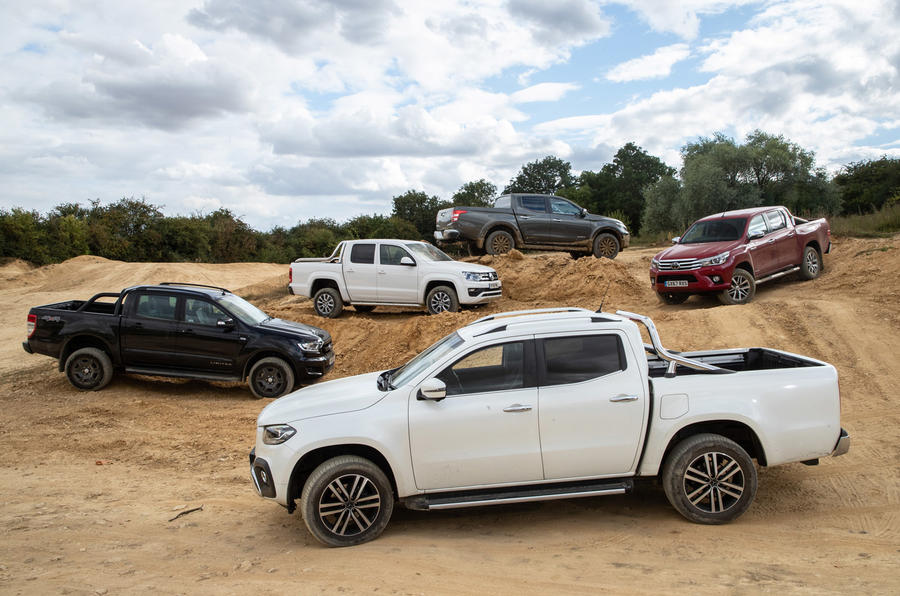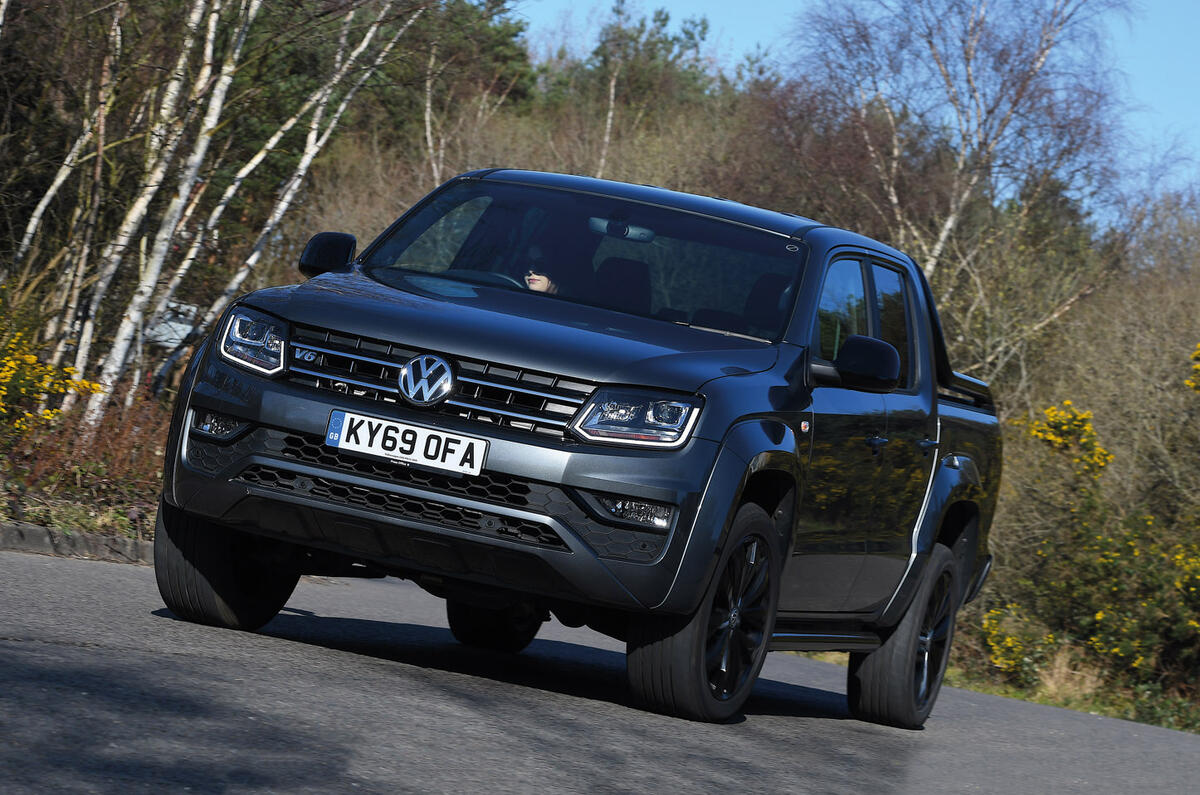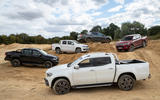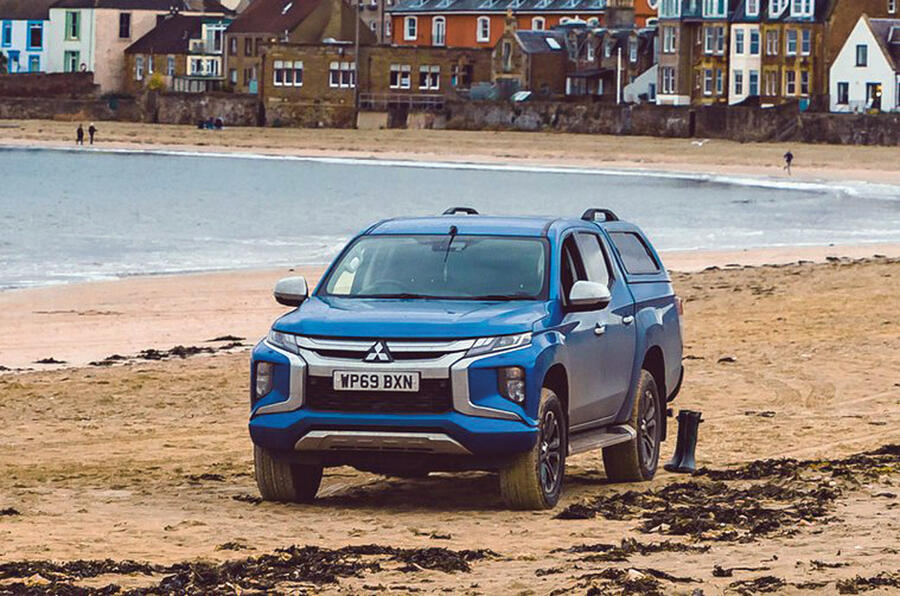What do the Mercedes-Benz X-Class, Fiat Fullback, Mitsubishi L200, Volkswagen Amarok and Nissan Navara have in common? The short answer is that they’re all pickup trucks that were available to buy in the UK in 2019 but are no longer on sale. Every single one was axed in the past two years.
The pick-up market has changed somewhat recently, only a few years after it seemed that it would thrive with the arrival of new competition.
The sector enjoyed stratospheric growth through much of the past decade, which likely encouraged new players to attempt to grab a slice of a lucrative pie – before the market experienced a 1.0% drop in 2019 and a 32.7% fall in 2020 (see right).
With the exception of the sub-2.0-tonne light commercial vehicle (LCV) market, this was the biggest decline by vehicle type last year, according to the SMMT.
Previously, new players offered pick-ups with both car-like interior quality and driveability in order to tap into the leisure market. Some people might have been tempted to trade-in their SUVs for a pick-up by the generous savings offered (pick-ups can be classed as commercial vehicles); while business users could (and still can) take advantage of a flat annual benefit-in-kind tax rate of just £3500 if the truck’s payload was greater than 1040kg (the extra 40kg allowing for fitment of an aftermarket hardtop).
Despite this, buyers didn’t flock to trade in their SUVs. Thus the respective marques blamed a lack of demand and the more onerous emissions standards – which obliged LCV makers to keep the average CO2 emissions of their vehicle ranges below 150g/km – for pulling pick-ups from sale only a short time after launching them in the UK. The only exception is Mitsubishi, which will leave the UK entirely later this year. Currently, there aren’t any electrified pick-ups available.















Join the debate
Add your comment
The point often missed with pickups is that car makers treat Europe as one market and the tax advantages are unique to the UK (and I think Ireland?). Elsewhere all but the poverty spec single cab variants are so heavily taxed that they are little more than hobby vehicles. I don't mind them as lifestyle/hobby vehicles, but the UK tax system should be altered to discourage tradies/builders/groundworkers/tree surgeons/etc buying them as a premium (but less practical) alternative to a panel van or flatbed
Some companies won't allow pickup's as company cars, despite the advantage to the user of the flat rate BIK. The reason given is 'image'. I can think of a lot of other (allowed) vehicles that have (at least to me) a far worse image than a pickup.
Its almost a certainty that this segment will recover.
Its quite a unique segment in that its customers are largely small business owners / tradesman, other than the bog standard models sold to utility companys and other fleet roles.
Its fair to say that this customer group suffered more uncertainty than most during 2020, so an understanable time for them not to be investing in new vehicles.
Combine this with availability shortages, and substantial reductions in availability, i.e. Amarok stopped ahead of the new shared Ranger/Amarok and the removal of some older models from the market. There hasnt been a credible new model for some years. Once these start to arrive around 2022, I'm sure this market will move to new records.
There is a catasrophic lack of any sort of large capable vehicles for sale in the UK - that aren't expensive premium models.
Therefore these pickups are essential for many people who have practical real needs for larger capable vehicles, without being able to afford / wanting to spend a small fortune on large SUV's which have driven themselves further and further upmarket.